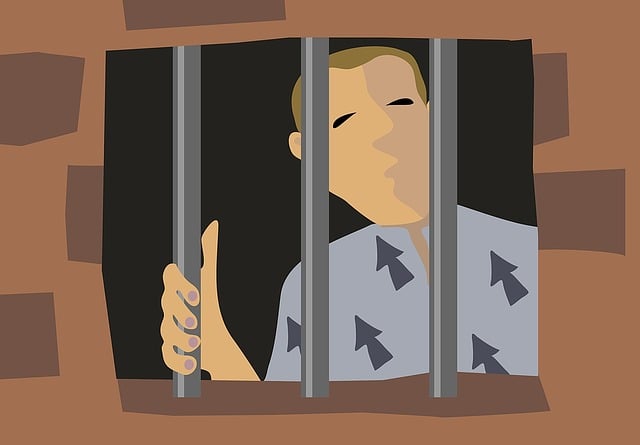Tech solutions for impaired driving offer innovative prevention and rehabilitation strategies, targeting first-time offenders with tailored interventions. GPS monitoring, data analytics, virtual reality (VR), and augmented reality (AR) help educate, guide, and empower individuals to overcome missteps, demonstrating successful reintegration into society.
In many jurisdictions, first-time offenders caught driving under the influence (DUI) often face severe consequences. However, a growing trend emphasizes second chances through innovative tech solutions for alternative sentencing. This article explores the complex issue of impaired driving by delving into understanding first-time offenders, highlighting tech innovations that disrupt traditional justice methods, and showcasing successful reintegration stories that prove second chances can be effective in preventing future DUI incidents.
- Understanding First-Time Impaired Driving Offenders
- Tech Innovations for Alternative Sentencing
- Reintegration Success Stories: Second Chances Proven Effective
Understanding First-Time Impaired Driving Offenders

Many first-time offenders caught driving while impaired (DWI) often find themselves at a crossroads, facing the consequences of their actions while also seeking redemption and a second chance. This demographic, typically characterized by younger individuals or those with minimal prior criminal records, brings unique challenges and considerations to the table. Tech solutions for impaired driving can play a pivotal role in understanding and addressing this sensitive issue.
These tech-driven initiatives focus on both prevention and rehabilitation, offering innovative ways to deter future incidents while providing support systems for offenders. From mobile applications that promote responsible drinking and offer alternative transportation options to advanced driver monitoring systems, these tools aim to disrupt the behavior pattern of impaired driving. By leveraging technology, communities can better understand first-time DWI offenders, implement effective interventions, and ultimately reduce recidivism rates.
Tech Innovations for Alternative Sentencing

The rise of tech innovations has opened doors to more effective and alternative sentencing methods, especially for first-time offenders with non-violent crimes like impaired driving. One prominent solution is the implementation of remote monitoring systems that allow courts to track offenders’ behavior remotely, reducing recidivism rates. These technologies employ GPS tracking and real-time data analytics to ensure compliance with probationary conditions.
Additionally, virtual reality (VR) and augmented reality (AR) are being explored as powerful tools for rehabilitation. VR can simulate realistic scenarios, helping first-time impaired driving offenders experience the consequences of their actions without physically engaging in risky behavior. AR, on the other hand, offers interactive learning experiences that educate offenders about responsible decision-making and the impact of their choices. Such tech solutions not only promote personal growth but also foster a deeper understanding of the issues surrounding impaired driving.
Reintegration Success Stories: Second Chances Proven Effective

Reintegration Success Stories highlight the transformative power of second chances, especially for first-time offenders facing impaired driving charges. These narratives showcase how innovative tech solutions for impaired driving can play a pivotal role in rehabilitation. Through rigorous programs and support systems, many individuals have successfully turned their lives around after a misstep.
Personalized interventions, combined with access to resources like counseling, employment assistance, and community engagement, contribute to these positive outcomes. Tech-driven approaches ensure accountability while offering guidance, making second chances not just an option but a viable path to redemption. These success stories underscore the potential for individuals to overcome challenges and reenter society as responsible citizens.
First-time impaired driving offenders can benefit greatly from second chances, as evidenced by successful reintegration stories. Tech innovations in alternative sentencing, such as GPS monitoring and online counseling platforms, play a pivotal role in this process. By leveraging these modern tools, the justice system can offer more effective rehabilitation while ensuring public safety. This balanced approach promotes positive outcomes for both individuals and communities, ultimately reducing impaired driving incidents through second chances and tech solutions for impaired driving.






